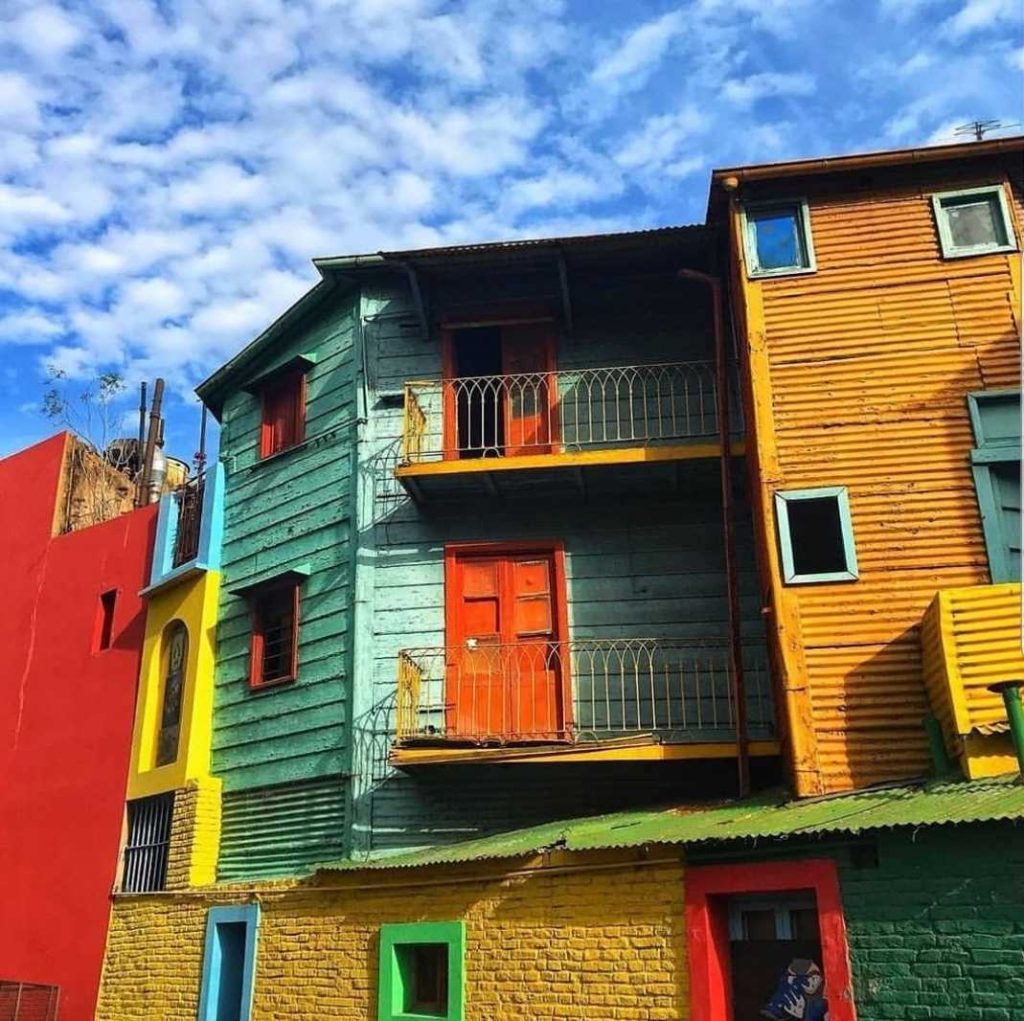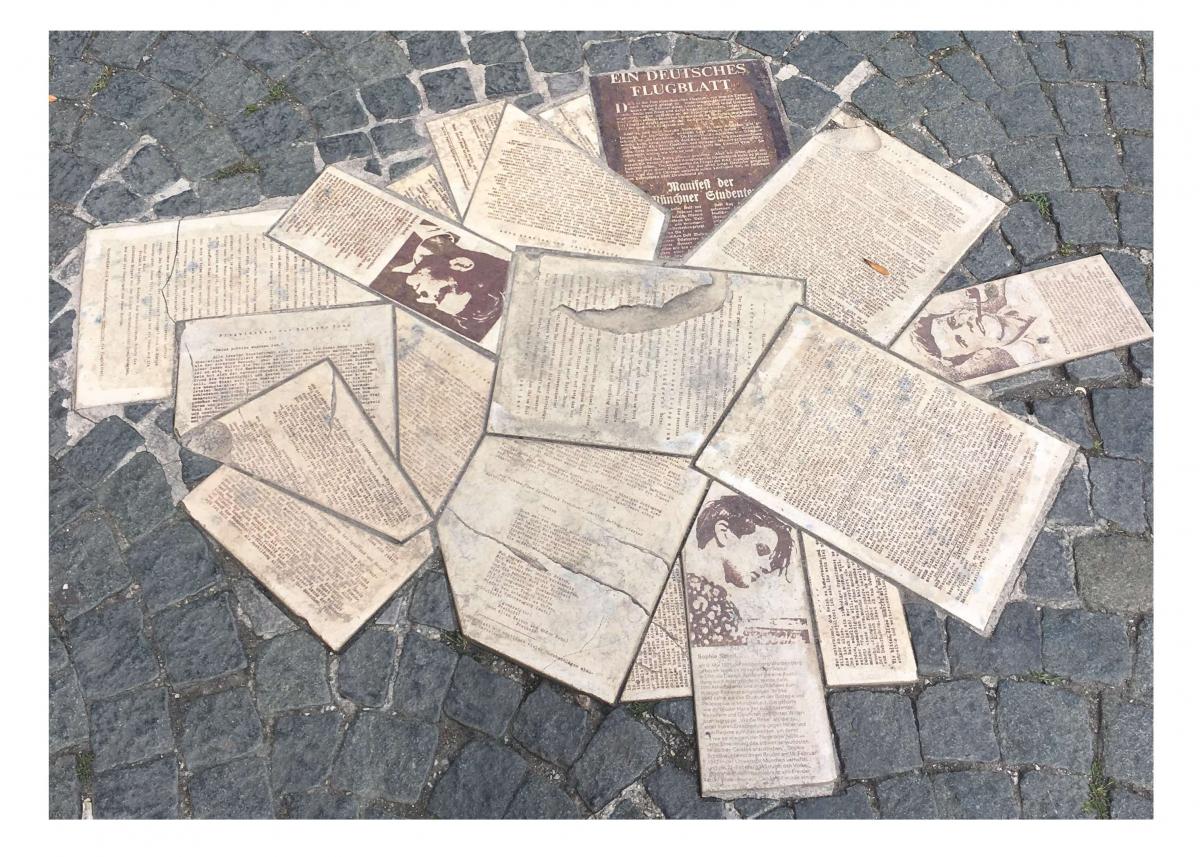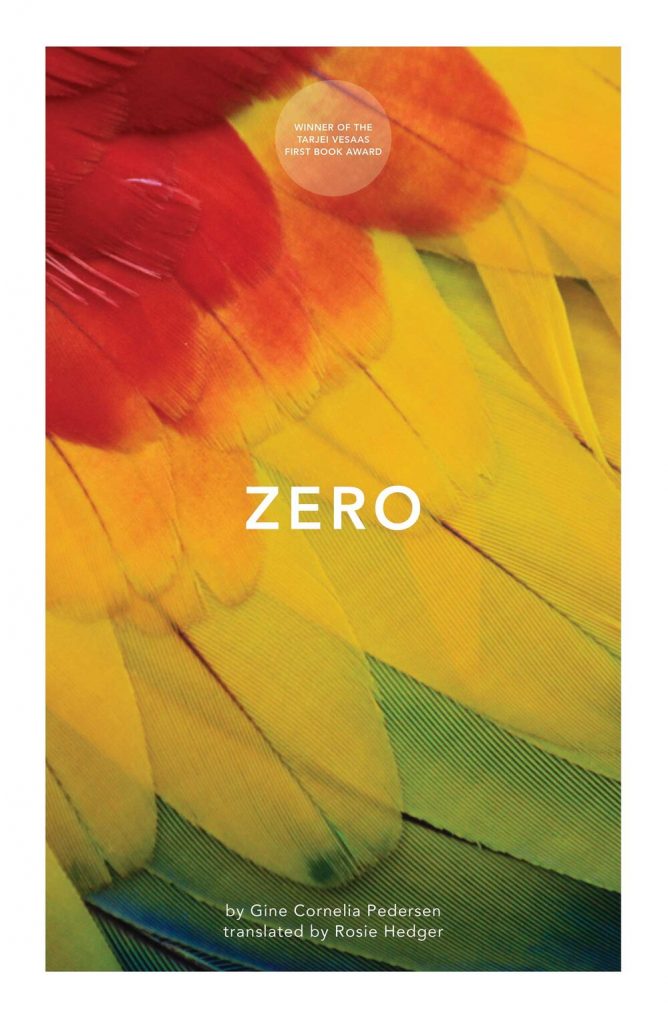
We’re delighted to announce that our Oxford University Modern Languages Teachers’ Network, the Sir Robert Taylor Society, is holding its annual conference this year on Thursday 23 and Friday 24 September. If you’re UK modern languages teacher, or have an interest in modern languages teaching at school and university in the UK, you’re warmly invited to attend. Due to Covid, the conference will once again be online this year, with two evenings of roundtable talks and guest speakers.
On Thursday 23 September, from 19:30-21:00 on Microsoft Teams, the theme will be Modern Languages and Careers.
We’ll be talking about, among other things:
- Career paths of modern languages graduates
- Employability and demand for modern language skills in the workplace
- Transferable skills from modern language study
- STEM pressure and the value of humanities subjects
On Friday 24 September, again from 19:30-21:00, the theme will be Modern Languages and Diversity.
We’ll be talking about, among other things:
- Revisiting the canon: diversifying and decolonizing the curriculum in language, literature and film
- Race, gender and sexuality as topics of study in language, literature and film courses
- Racism, homophobia and other prejudice in literary texts and film
- Diversity in the student body: widening participation in modern language courses
If you’d like to attend either or both events, please email us at schools.liaison@mod-langs.ox.ac.uk, and we’ll send you the link to join.
During the events, participation from delegates through the chat and live discussion will be warmly welcome. If you’d like a seat at the Round Table to talk more substantially about either of these topics in secondary or higher education, please let us know, and we’ll be very pleased to accommodate you.









